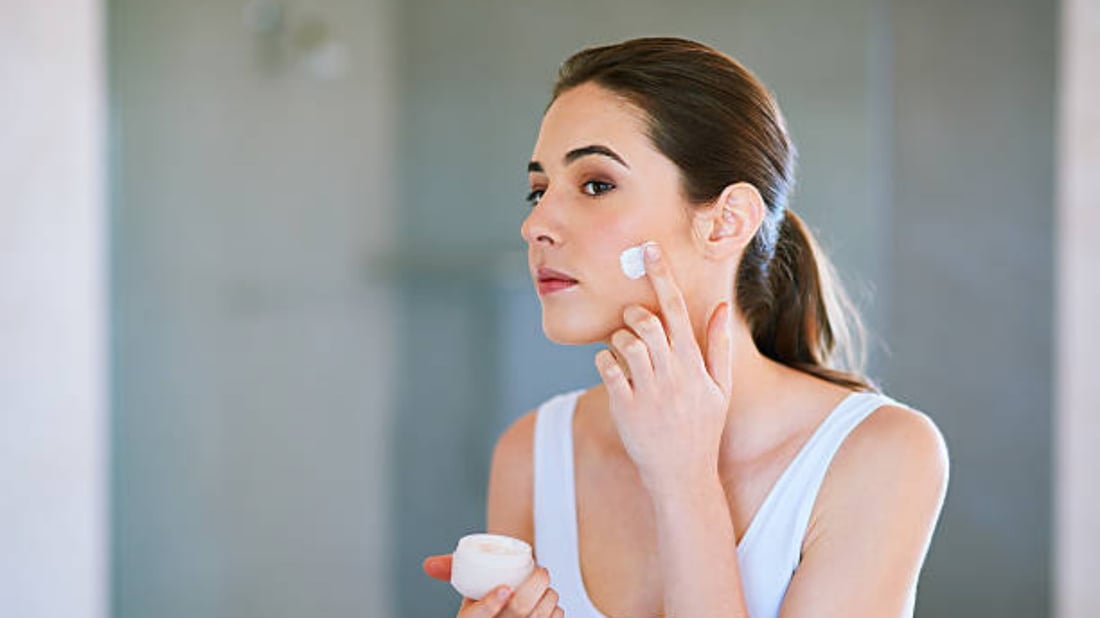1. The Importance of skin care products
Healthy and radiant skin is something that many people desire. However, achieving and maintaining beautiful skin requires a dedicated skincare routine and the use of effective skin care products. In this article, we will explore the various aspects of skin care and provide you with valuable information on choosing the right products for your specific needs.
2. Understanding Your Skin
Before diving into the world of skin care products, it is essential to understand your skin type. Different skin types require different approaches and products. The most common skin types are dry, oily, combination, and sensitive. Assess your skin type and its specific needs to make informed decisions when selecting products.
3. Cleansers: The Foundation of a Skincare Routine
Cleansing is the first step in any skincare routine. It helps remove dirt, oil, and impurities from the skin, preparing it for the next steps. Look for gentle cleansers that suit your skin type. Avoid harsh ingredients that can strip your skin of its natural oils.
4. The Power of Moisturizers
Moisturizers play a crucial role in maintaining hydration and keeping the skin supple. They create a protective barrier that locks in moisture and prevents dryness. Choose moisturizers based on your skin type and consider additional factors such as climate and age. Don't forget to apply moisturizer to your neck and chest areas as well.
5. Targeted Treatments for Specific Concerns
If you have specific skin concerns such as acne, aging, or hyperpigmentation, incorporating targeted treatments into your skincare routine can be highly beneficial. These treatments often come in the form of serums, essences, or ampoules. Look for ingredients like retinol, hyaluronic acid, and vitamin C to address your specific concerns.
6. Sunscreen: Your Skin's Best Friend
Protecting your skin from the harmful effects of the sun is crucial for maintaining its health and preventing premature aging. Choose a broad-spectrum sunscreen with an SPF of 30 or higher and apply it generously every day, even when it's cloudy. Don't forget to reapply throughout the day, especially if you spend a lot of time outdoors.
7. Exfoliation: Revealing Fresh and Glowing Skin
Exfoliation is the process of removing dead skin cells from the surface of your skin. Regular exfoliation promotes cell turnover, revealing fresher and more radiant skin. There are two types of exfoliation: physical and chemical. Physical exfoliants use granules or brushes, while chemical exfoliants contain enzymes or acids. Choose the method that works best for your skin type.
8. The Role of Toners and Essences
Toners and essences are often misunderstood or overlooked in skincare routines. However, they can offer numerous benefits, such as balancing the skin's pH level, hydrating, and prepping the skin for better absorption of subsequent products. Look for alcohol-free toners and lightweight essences that suit your skin's needs.
9. Sheet Masks for an Extra Boost
Sheet masks have gained immense popularity in recent years due to their convenience and effectiveness. These single-use masks are infused with serums and essences that provide intense hydration and nourishment. Incorporate sheet masks into your skincare routine once or twice a week for an extra boost of nutrients.
10. The Importance of Patch Testing
When introducing new skincare products into your routine, it is crucial to patch test them first. Patch testing involves applying a small amount of the product to a small area of your skin and monitoring for any adverse reactions. This step helps you identify potential allergies or irritations before applying the product to your entire face.

